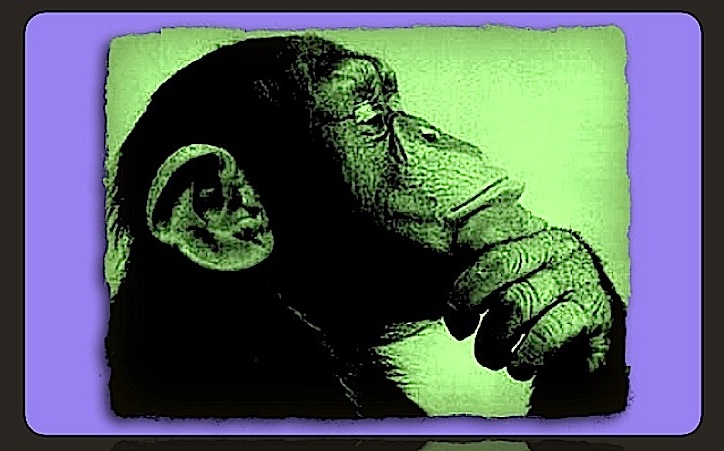I suppose I was tempting fate! Have unpleasant virus and conjunctivitis (hideous bloodshot weeping eye disease!) At least Colby will be happy.
Here is the Big Revision Essay plan. Please try to make progress. I'm sure I'll be back very soon - hopefully tomorrow. Sorry the formatting is a bit weird; I'll sort out when I'm recovered.
You should be able to complete the Hume section:
Q.2, refers to the Hume we read on Friday and only requires a summary of what he says.
Q.4, You can do the bit about ʻinductionʼ, but will need to research the bit on ʻcausalityʼ:
there are many excellent explanations of Humeʼs ideas on the internet - including these:
http://science.jrank.org/pages/8538/Causality-Hume.html
http://plato.stanford.edu/entries/hume/
Outline
& Discuss the development of epistemology from Plato through Descartes,
Locke, Hume & Kant, to Wittgenstein and the ‘linguistic turn’.
You must use all
the ‘tools’ at your disposal:
The text book,
the blog, (which is now searchable!!) the website.
- ·
Briefly explain Plato’s ‘cave’ metaphor and how it may be
seen as shaping the development of epistemology.
Think
about and discuss/explain:
1.
Plato’s notion
that philosophers can gain knowledge of the ‘reality’ beyond appearance through
thought
– through introspection
2.
How this powerful metaphor that suggests a divide
between appearance and reality, helps inspire the whole idea of epistemology.
3.
Remember the ‘Plato and the Slave boy’, from the
‘Meno’ where Socrates showed that mathematical understanding was ‘in’ the slave
boy waiting to brought out.
- ·
How does Descartes set about discovering some point of
certainty. Why does he come to privilege the mental over the physical?
Key
Terms: ‘Cartesian
doubt’ ‘Extreme scepticism’ ‘Cartesian dualism’, ‘cogito ergo sum’ (I think therefore I am)
Rationalist/rationalism
Think about and discuss/explain:
1.
How Descartes tries to establish the existence of the mind, the physical world and god through
a priori reasoning.
2.
His ideas about how we understand the wax.
3.
The fact that he thinks his idea of God is innate.
·
What aspects of Descartes’ thought does Locke reject?
Key Terms: Tabula rasa; empiricism; innatism;
Think about and discuss/explain:
1.
Locke’s definition of innate ideas and his three arguments against them.
2.
Locke’s beliefs about the two ways we get ideas
about the world: ‘sensation’ & ‘reflection’
3.
Why Locke’s notion of primary and secondary
qualities is significant. (realist)
4.
What Locke said about words and why it is
problematic (You mention Wittgenstein now, but he comes later so
save some!)
key quote: ‘So words in their primary or immediate signification stand for nothing
but the ideas in the mind of him that uses them’ Locke, (Essay Bk 3, Ch. 1 -3)
- How does Hume build on Locke’s Empiricist
ideas?
Key
Terms: empiricism;
analytic; synthetic; innatism; a priori; a posteriori; necessary; contingent; scepticism
Think about and discuss/explain:
1.
Hume’s method for gaining clarity and precision in
philosophical questions.
2.
Hume’s ideas about the ‘association of ideas’ – how
we construct ideas (Section 3 – 4 Enquiry)
3.
Hume’s fork. Include reference to ‘relations of Ideas’ and ‘matters of
Fact’
4.
Hume’s ideas about induction (causality - cause and
effect – the billiard balls)
key
quote: ‘we never really advance a step beyond ourselves’.
·
How Kant attempt to synthesis the empiricist and rationalist
theories of knowledge? (epistemologies)
Key
Terms: empiricism;
rationalism;, noumenal; phenomenal; empiricism; rationalism a priori; a
posteriori; analytic; synthetic;
Think about
and discuss/explain:
1.
Kant’s copernican turn.
2.
Conceptual schemes ‘Schema’ : the categories: time,
space, cause & effect
3.
Kant’s synthesis.
·
Briefly outline the problems that Locke and Hume’s empiricism
seems to run into: (Holland) (again)
·
Explain how Wittgenstein’s ideas about language inform our
understanding of the problems of empiricism.
Key Terms: language use, community of language users.
Think about and discuss/explain:
1.
Solipsism and the private language argument (Beetle
in the box)
2.
Language as a conceptual scheme.
3.
The difference between Kant’s ‘schema’ and language
as a conceptual scheme.
·
The ‘Linguistic
turn’: Sapir, Davidson, Rorty etc. (use the last bit of the text book Ch. 1
& the Rorty extract)
Key Terms: representationalism; antirepresentationalism, realism;
antirealism.
Think about and discuss/explain:
1.
the move away from attempts to understand the way
thought or the mind connects with the world to attempts to understand the way
language connects to the ‘world’
And finally …. what do you think?
(The more I think the less I know!)



